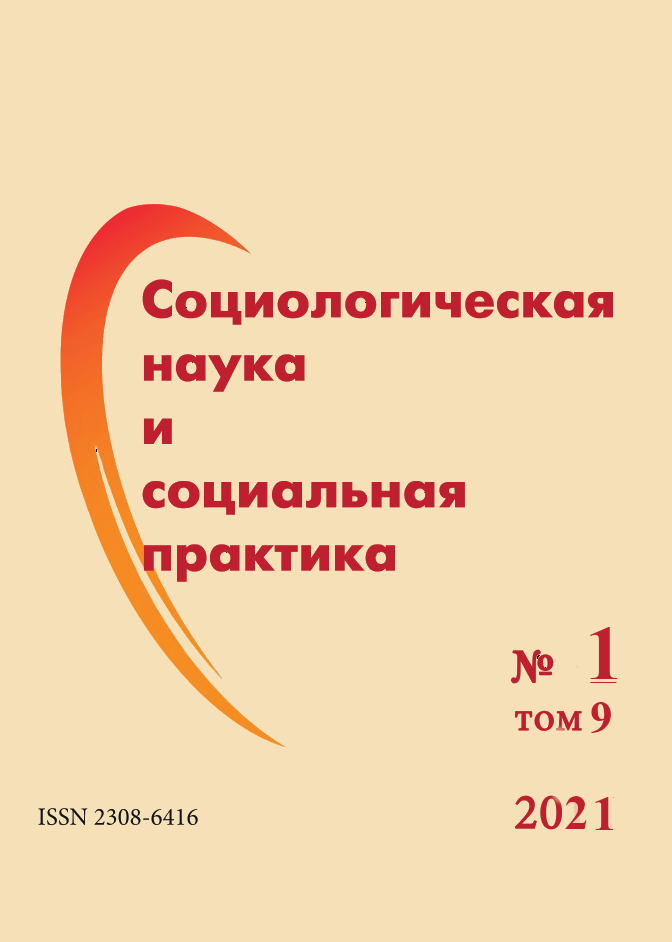Русский язык в российской идентичности: теоретические подходы и актуальный контекст
Научная статья
Аннотация
Литература
2. Биллиг М. Нации и языки // Логос. 2005. №4 (49). С. 60–86.
3. Бур Р. Официальный язык в американском гражданском обществе: эссенциалисты против утилитаристов // Журнал международного права и международных отношений. 2013. № 2. С. 77–88.
4. Геллнер Э. Нации и национализм / Пер. с англ. Т. В. Бердиковой, М. К. Тюнькиной ; Ред. и послесл. И. И. Крупника. М. : Прогресс, 1991. 320 с.
5. Гринфельд Л. Национализм = Nationalism. Пять путей к современности. М. : ПЕР СЭ, 2012. 527 с.
6. Миллер А. И. Нация, или могущество мифа. СПб. : Изд-во Европейского университета в Санкт-Петербурге, 2016. 146 с.
7. Мухарямов Н. М. Политика языка и языковая политика // Идентичность: Личность, общество, политика. Энциклопедическое издание / Отв. ред. И. С. Семененко; ИМЭМО РАН. М. : «Весь мир», 2017. С. 677–684.
8. Российское общество и вызовы времени. Книга вторая / М. К. Горшков [и др.]; отв. ред. М. К. Горшков, В. В. Петухов. М. : «Весь Мир», 2015. 432 с.
9. Сидорина Т. Ю., Полянников Т. Л. Национализм: теории и политическая история. М. : Издательский дом ГУ ВШЭ, 2006. 356 с.
10. Сильверстейн М. Уорфианство и лингвистическое воображение нации // Логос. 2005. № 4 (49). С. 87–132.
11. Тишков В. А. Языковая ситуация и языковая политика в России (ревизия категорий и практик) // Полис. Политические исследования. 2019. № 3. С. 127–144. DOI: https://doi. org/10.17976/jpps/2019.03.08.
12. Тишков В. А., Степанов В .В. Русский язык – язык гражданской нации // Измерение культурного многообразия. Языковая ситуация, переписи, полевая этностатистика / ред. М. Ю. Мартынова, В. В. Степанов. М. : ИЭА РАН, 2019. С. 21–32.
13. Хобсбаум Э. Все ли языки равны? Язык, культура и национальная идентичность // Логос. 2005. № 4 (49). С. 49–59.
14. Modood T. Multiculturalism as a New Form of Nationalism? Nations and Nationalism. 2020. Vol. 26. Iss. 2. P. 308–313. DOI: https://doi.org/10.1111/nana.12571.
15. What It Takes to Truly Be ‘One of Us. 01.02.2017. Pew Research Center. URL: https://www.pewresearch.org/global/2017/02/01/what-it-takes-to-truly-be-one-of-us/.
Поступила: 20.11.2020
Опубликована: 28.03.2021








 Издатель: Федеральное государственное бюджетное учреждение науки
Издатель: Федеральное государственное бюджетное учреждение науки